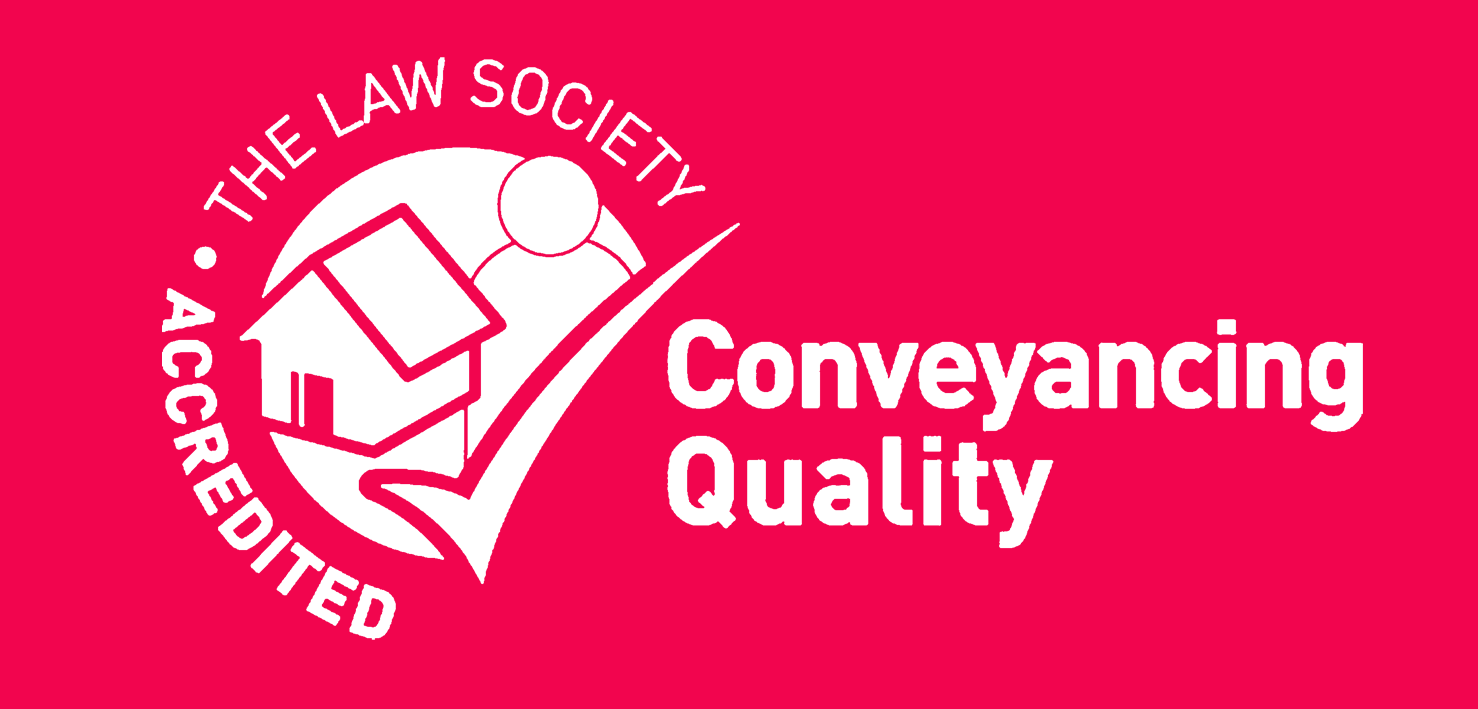One of the reasons for challenging a will is that it has not been validly executed.
So, what are the formalities required for a valid will? The Wills Act 1987 states that a will is only valid if:
- It is in writing and signed by the person making the will (known as a testator) or by someone else in the presence and under direction from the will maker (if there is a reason the testator is unable to sign the will themselves, for example due to disability).
- It appears that the testator signed with intention of giving effect to the will.
- The will has been signed in the presence of at least two witnesses.
- Those witnesses have signed the will themselves in the presence of the testator.
If any of the above formalities have not been complied with, the will is not valid and has no legal effect.
If someone passed away with an invalid will in place, the provisions of any earlier will take effect, or if there is no earlier will, the intestacy rules apply.
Case study
We were consulted by a client whose mother had recently passed away. He had instructed a firm of solicitors to prepare a will for her the previous year and they sent it to him to arrange for it to be implemented.
Our client witnessed his mother’s signature in her presence and a few days later arranged for a family friend to meet with his mother to be the other witness.
The will was challenged by our client’s siblings as being invalid because the two witnesses had not both been present at the same time when the will was signed.
Our client acknowledged that the second witness had signed the will a few days later and, in the circumstances, we had to advise him that the will was not valid.
As a firm of solicitors had prepared the will we made enquiries whether they had advised our client on the requirements for valid execution because, if they had not, there was a potential claim in negligence against them.
However, they had given instructions on how to execute the will at the time of sending it which our client had overlooked, so no claim was possible.
The result was that an earlier will continued to apply and, instead of receiving the whole of his mother’s property in accordance with the terms of her new will, he received a one quarter share along with his siblings.
The case serves as a reminder of the importance of ensuring a will is validly executed and the expensive consequences of failing to get it right.
Do you think you may have a claim arising from an invalid execution of a will? Do you want advice on the different grounds for challenging a will?
Contact us today on 01793853200 or fill out our quick enquiry form to arrange a free initial consultation with our expert team.





